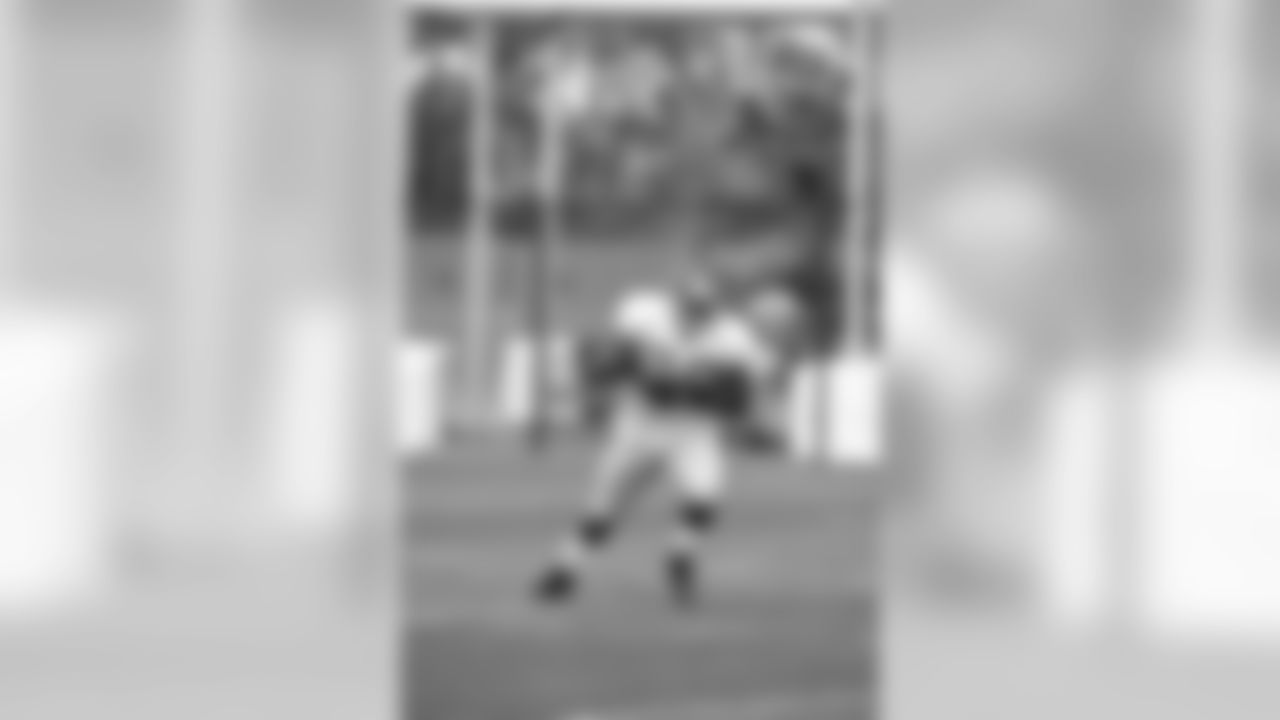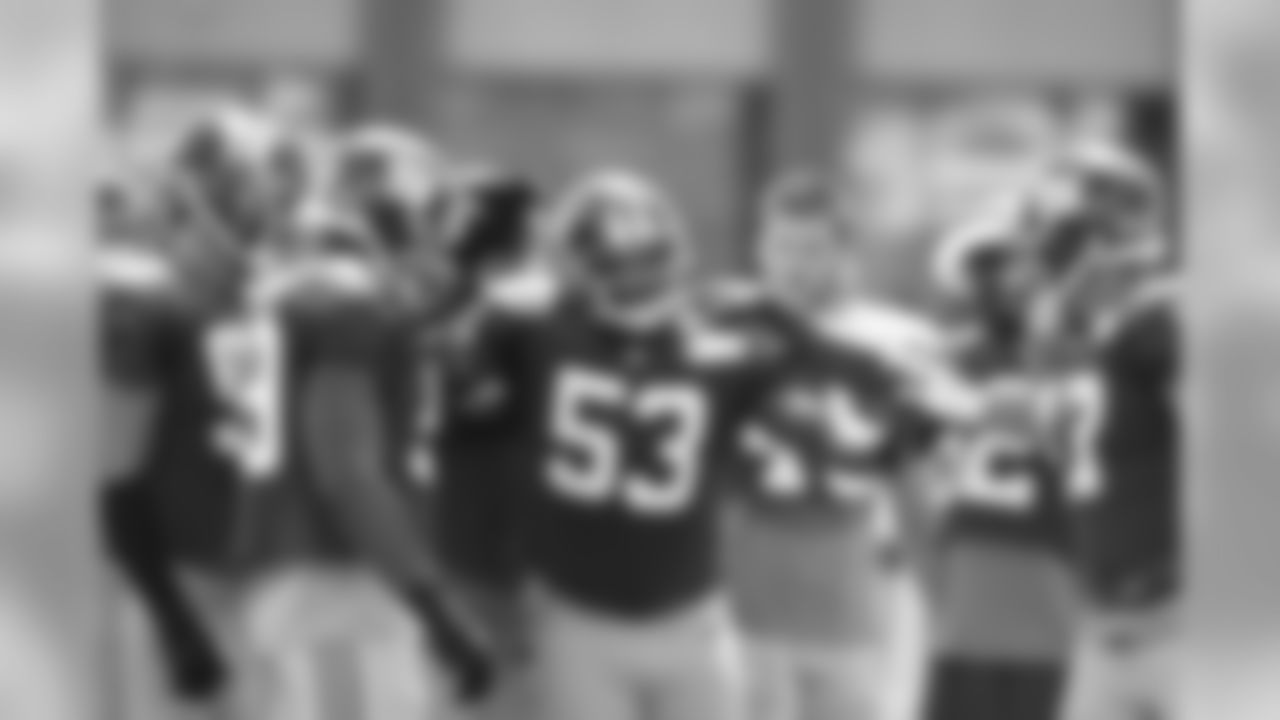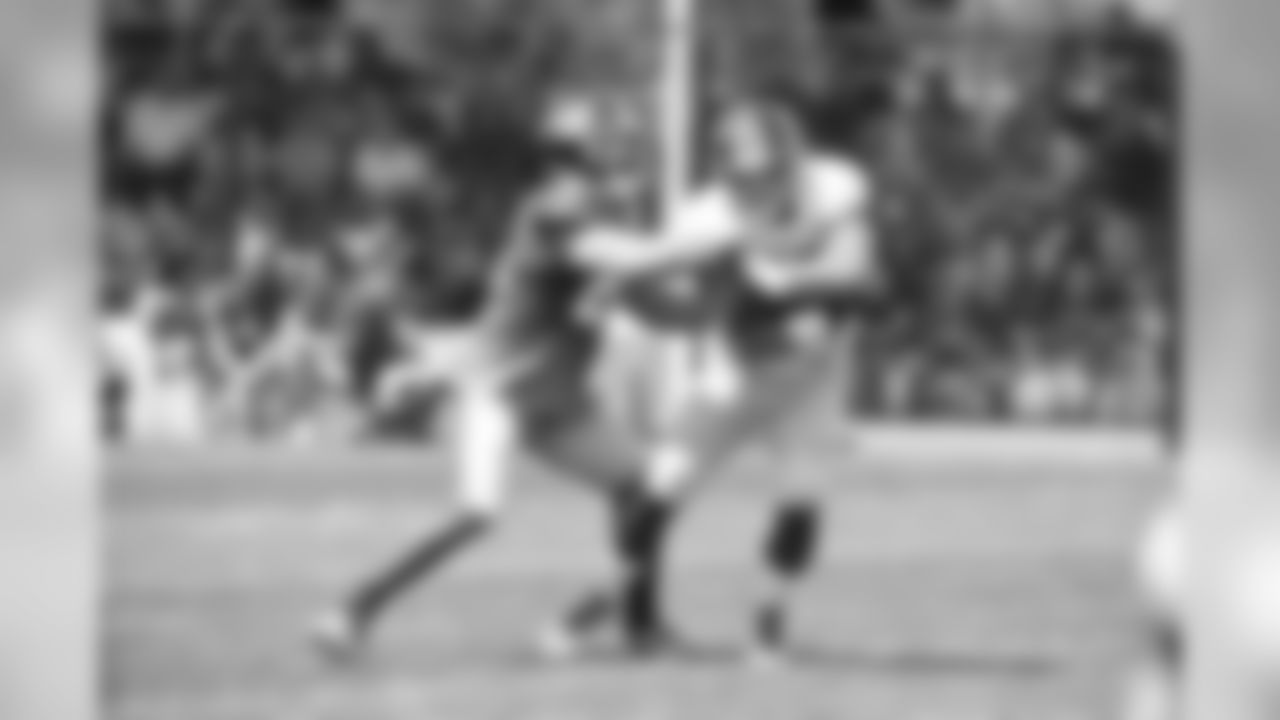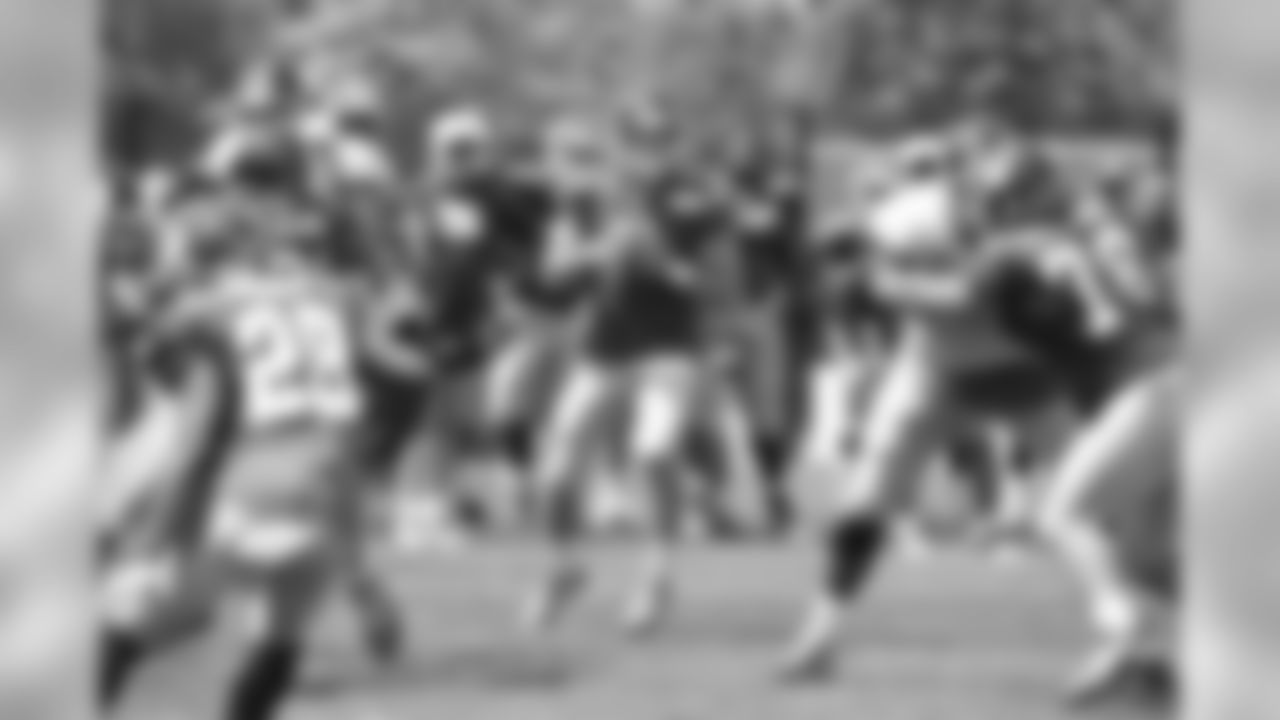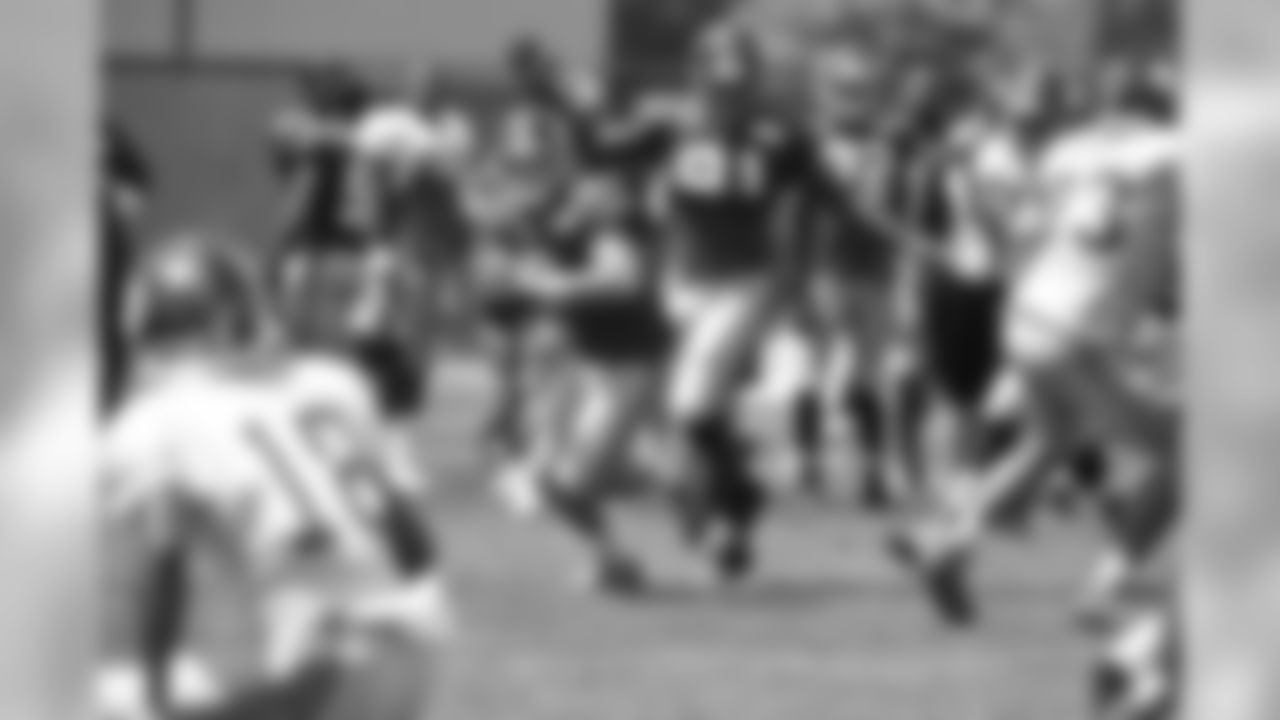**
EAST RUTHERFORD, N.J. –** Eli Manning's new position coach has set a lofty goal for the Giants' veteran quarterback.
|
|||||||||||||||||||
"We'd love to be there at 70 percent," Langsdorf said today in a training camp session with reporters at the Quest Diagnostics Training Center. "It hasn't been done very often. That's the ultimate goal. But we want to raise his completion percentage, for sure. I don't know about the history, maybe because they took more shots downfield, but we'd love to shoot for 70. I think it's been done eight or nine times, maybe. I think (Drew) Brees maybe has done it a few times lately. But that's an impressive statistic if you look at the history of the league. That's what we're gunning for is 70 percent."
It will be a major achievement if Manning completes passes at that rate. According to the Elias Sports Bureau, there have been five instances in NFL history in which a quarterback completed at least 70 percent of his passes with at least 300 attempts in a season: Cincinnati's Ken Anderson (1982), San Francisco's Joe Montana (1989) and Steve Young (1994), and New Orleans' Drew Brees (2009 and 2011). Brees (both seasons) is the only one to do it with more than 500 attempts, which is the area where Manning ends a typical season.
So, is 70 percent possible?
"I think that's the goal," Manning said. "That's what we're working toward, finding completions and getting the ball out in a timely fashion. We're hoping to get into that high 60s and maybe into that 70 percent. That's kind of a goal that we set for the beginning of the year."
"We talked about what we're looking for and trying to shoot for that 70 percent," Langsdorf said. "We haven't spoken much about the history of it, but he's well aware of who's done it in the past, and what the system can get you in terms of completions. We're focused on that, doing a really good job in taking care of the ball and hitting open receivers."
The Giants' new West Coast-style offense is one that purportedly will feature quicker releases and shorter passes, which theoretically would increase a quarterback's completion percentage. So perhaps a 70% rate is not an outrageous objective.
"I think that number has always been used by this offense as a standard," head coach Tom Coughlin said. "Not that it has been accomplished that many times in history, but it is a goal like any other goal. If someone was to achieve that percentage, we would be a pretty good offense."
Manning's career completion percentage is 58.5. He hit a career-high 62.9 percent of his passes in 2010, the third of four consecutive seasons in which he completed more than 60% of his throws. Last season, Manning's completion percentage was 57.5.
"You'd like him to be higher than that," Langsdorf said. "I think that if you get quick completion throws in the offense, you can get some of that. But we also want to push the ball down the field and get some big chunks, rather than dinking and dunking all day."
"I think this offense is about finding completions and getting the ball out," Manning said. "That's what we're going to try to do – get touches, Touches can be run plays, get the ball in the receivers' hands or running back's hands or somewhere that you're getting positive yards."
Earlier, in a group interview, Manning disputed the widely-held assumption that the Giants will throw fewer long passes with Ben McAdoo calling the plays.
"I don't think that's completely accurate," Manning said. "I think we're still going to push the ball down the field. There are some opportunities to throw some short passes, but it's just the same. You've got to push the ball down the field and you've got to take some shots. I think it's a combination of all of them."
Manning said the Giants can also take deep shots if the defenders become complacent after thinking it has detected a one-two-three step-and-throw rhythm in the attack.
"If you throw them too quickly too much, they can kind of slow down the rush and try to time things and jump," Manning said. "That will be a good time to obviously drop back and throw it deep if they're not going to rush hard and try to time that up. I think when you say it's a West Coast offense, I think that's a kind of a quick passing game, but I don't think that's necessarily totally accurate."
That notion might not be accurate, but the Giants and Manning hope the vast majority of his passes this season are.
Photos from Monday's #GiantsCamp practice






